On planning
Church planters and movement leaders are instinctive beasts. Action is their forte.
But even the best of them can greatly improve their effectiveness with some good planning.
Guy Kawasaki has posted an interview with Tim Berry on How to Write a Business Plan. Some great insights on planning. Here are the highlights:
On why plan. . .
A business plan is a way to coordinate, communicate, and collaborate with accountability and tracking. It should get all the key people on the same page. Nobody can execute a plan they don't know about.
A plan should set priorities with the understanding that you can't do everything. After all the buzzwords and analysis, strategy is focus. What can you do better than anyone else? What's your core competence?
On the common mistakes in planning. . .
The worst by far is focusing on the plan instead of planning. This generates the idea that you create a plan as a document, and the related misunderstanding that the plan is for somebody else. You don't postpone life while you're developing a plan; you're always developing the plan. In the meantime, “Get going.â€
On when to revise a plan. . .
You need to revise a plan regularly, like steering a car or walking, both of which are constant small course corrections; but you also need to stick to a strategy consistently for two to three years at least to see it working.
It's better to have a mediocre strategy consistently applied over a long term than a series of brilliant strategies contradicting each other every six months.
On how to know when you're done planning. . .
A good business plan is never done. You're going to be circling back around it for as long as you care about your business and want to manage it better. If your business plan is done then get out of that business, it's dead. You're always moving towards the horizon, and you're business plan is always there to track where you're going, mark the steps, and help you steer.
The absolute worst business plans ever, anywhere, are those plans in a drawer somewhere. If you're not keeping it alive, it's not planning; it's just a plan. It's history. It's of no business value.
On the “Big Fat Plan†vs “planningâ€. . .
Planning is vital because it keeps you on track and mindful of important long-term strategy and objectives. A plan, on the other hand, a plan taken by itself, is only as good as the implementation it causes.
Planning is exactly what you need to deal with the speed of change. You have to remember that your business plan is always wrong—it has to be because it's predicting the future and we're human, we don't do that very well. But it's still vital because it's the way you lay down tracks so you can follow up on the constant difference between plan and assumptions.
Without a plan, when assumptions are wrong you don't even know what they were, how were they wrong, in what direction, and what can you do about it. With a plan, you use plan versus actual all the time to manage the difference between what you thought and what actually happened.
That's what I love most about having a GPS unit in a car. When I screw up and take the wrong turn, the GPS still remembers where I wanted to go and tells me how to change my course. That's what good managers do with a sound planning process.

